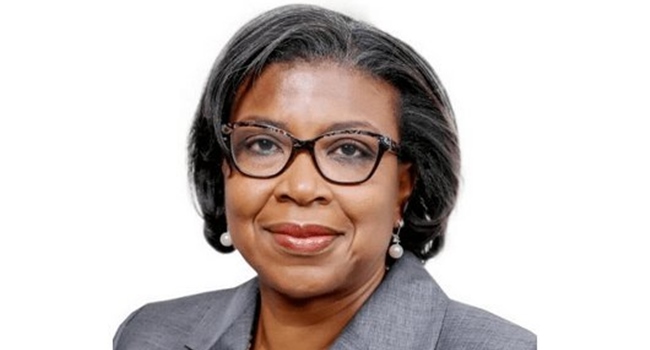News
Nigeria has a debt profile of over N50tn, not N40tn —Report

Nigeria’s debt stock could be in excess of over N50 trillion compared to the N39.56tn reported by the Debt Management Office (DMO).
This is according to a new economic report published by the Centre for the Promotion of Private Enterprise (CPPE).
The new report which was a review of Nigeria’s economic performance for first quarter of 2022 noted that borrowings from the Central Bank of Nigeria (CBN) was yet to be added to the debt stock reported by DMO.
The Chief Executive Officer, CPPE, Dr. Muda Yusuf at the event also called on the Nigerian Government to stop taking commercial loans.
He argued that it was better Nigeria took loans from the World Bank, IMF and other institutions as they were cheaper.
In his words: “The rising debt profile of government raises serious sustainability concerns.
“However, when we take account of borrowings from the CBN and the stock of AMCON debt, the debt profile would be in excess of N50tn.
“Although government tends to argue that Nigeria does not have a debt problem, the country has a revenue challenge.
“And this would typically become a problem if the revenue base was not strong enough to service it sustainably.
“Government’s actual revenue could hardly cover recurrent budget, which implies that the entire capital budget and part of recurrent budget are being funded from borrowing which is not sustainable”, he said.
“We cannot continue to increase borrowing on account of the relatively low debt/GDP ratio.
Read also: Nigeria’s debt rises by 22.4% as Buhari, governors borrow N6.6tr in 12 months
“We do not service debt with GDP, but with revenue. Close to 40 per cent of our GDP do not contribute appreciably to revenue.”
Yusuf said government should have the political will to cut expenditure and undertake reforms that could scale down the size of government, reduce governance cost, and ease the fiscal burden on government and boost revenue.
“It is important to ensure that the debt is used strictly to fund capital projects, especially infrastructure projects, that would strengthen the productive capacity of the economy,” he said.
Join the conversation
Support Ripples Nigeria, hold up solutions journalism
Balanced, fearless journalism driven by data comes at huge financial costs.
As a media platform, we hold leadership accountable and will not trade the right to press freedom and free speech for a piece of cake.
If you like what we do, and are ready to uphold solutions journalism, kindly donate to the Ripples Nigeria cause.
Your support would help to ensure that citizens and institutions continue to have free access to credible and reliable information for societal development.






















